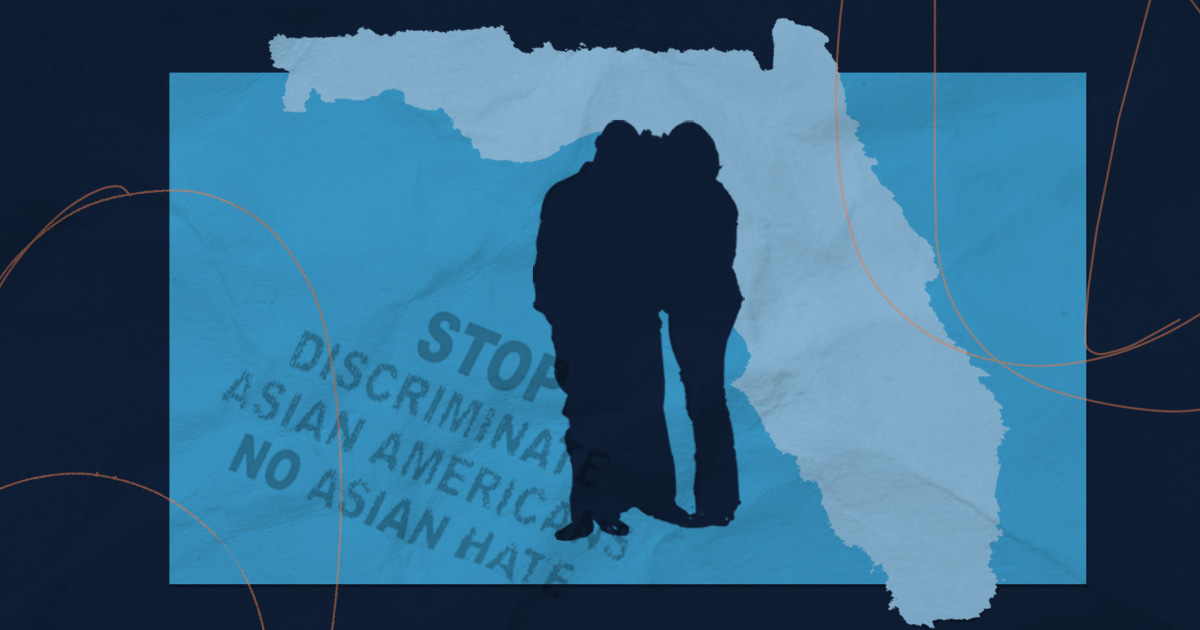


:quality(70)/cloudfront-us-east-1.images.arcpublishing.com/cmg/GOIF4FROOJD5NC6BIXC3RNARZ4.png)


China's property market is currently facing a significant crisis, with estimates of cumulative wealth destruction reaching $US18 trillion (nearly $29 trillion AUD). Major developers such as Evergrande and Country Garden are grappling with severe financial issues, contributing to a staggering number of approximately 80 million vacant units in China—more than seven times the total number of homes in Australia [949f06a0]. This situation raises concerns about the potential impact on Australia’s housing market, which is currently experiencing undersupply due to strong migration, contrasting sharply with China's oversupply crisis [949f06a0].
In Florida, the recent ban on Chinese citizens owning property has had a noticeable impact on both buyers and real estate agents, with some agents reporting significant losses in business [71782f99]. This ban is now facing legal challenges, being deemed unconstitutional and discriminatory [b1f3a3fc]. Meanwhile, in Australia, the demand for housing from overseas buyers, particularly from China, has surged, with approvals for foreign acquisitions of residential properties increasing by 40% in the last quarter of the previous year compared to the same period the year before [b0de58dc]. Juwai IQI reported a remarkable 158% increase in inquiries from Chinese buyers in the third quarter, indicating a strong interest that has contributed to rising property prices [b0de58dc].
Despite the challenges in the real estate sector, analysts argue that China's economic development is still on track. Tom Orlik, in his analysis, suggests that while China's real estate sector is experiencing a slow-motion collapse, it is manageable due to proactive policymaking that has prevented a crisis similar to the US sub-prime mortgage crisis [5d2d445]. In fact, property accounted for 24% of China's GDP in 2020, but this figure is projected to decrease to 19% by 2024, while high-tech sectors are expected to grow from 11% to 15% in the same period [5d2d445]. This evolution indicates a shift in the economy rather than an outright collapse.
The potential for a housing crash in Australia looms, especially if migration slows, mirroring the challenges faced by China. Household debt levels in Australia are approximately double those of China, and projections suggest that house prices in Sydney and Melbourne may decline in 2025 [949f06a0]. These developments reflect broader global concerns regarding China's influence and the fragility of its economic situation, as highlighted by the new law on religion, 'Order-19', which has sparked international scrutiny [a232f794]. Furthermore, China's attempts to control media narratives in Pakistan and its sensitivity to criticism underscore its efforts to maintain control and suppress dissenting voices [549b6f49][8c0c35be].